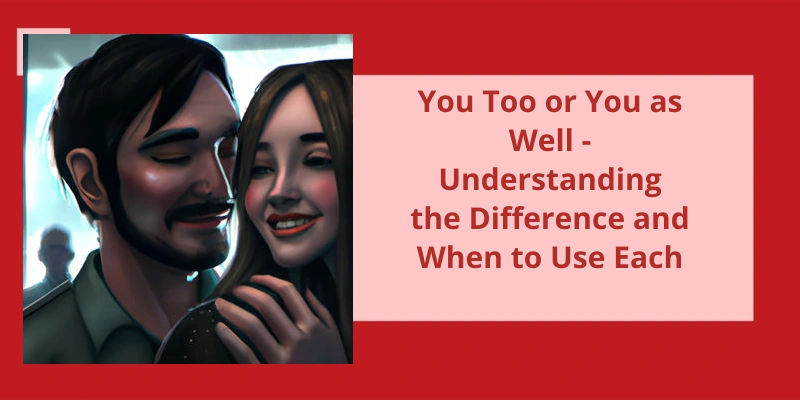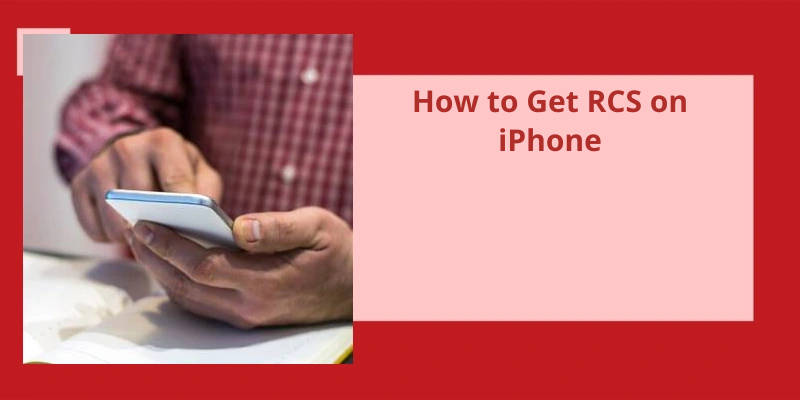As communication continues to evolve and become more informal, the use of American English slang has become increasingly common. One such example is the use of "too" and "as well" to indicate agreement or inclusion. While "too" is the more casual of the two, "as well" is often used in more formal settings. Both phrases allow for a seamless addition to a conversation, making them a handy tool for anyone looking to communicate clearly and effectively. Whether you're speaking with friends or colleagues, incorporating "too" or "as well" into your language can help you convey your message with ease.
Which Is Correct You to or You Too?
Person 2: Thank you, you too!
Many people confuse the phrases “you to” and “you too” because they sound similar when spoken. However, they’ve vastly different meanings and are used in different contexts.
To properly use “you too,” it’s important to ensure that it’s used in the right context. For instance, if someone compliments you or wishes you well, you can respond by saying “thank you, you too.”. In this case, you acknowledge the other persons words and also return the compliment or wish.
This is because “you to” is neither grammatically correct nor has any meaningful usage to it.
It’s also applicable in written language, including emails, social media posts, and text messages.
Proper usage of this phrase can help you effectively communicate and avoid misunderstandings. Thus, it’s vital to be mindful of the right context when using this phrase to convey your message clearly and accurately.
Now that we’ve established what “you as well” means, let’s delve deeper into it’s origins and usage in everyday conversation. This small phrase has become a staple in social interactions, but is it always appropriate to use? Let’s find out.
Is It Correct to Say You as Well?
The use of “you as well” in response to someones well wishes is a common and polite way to reciprocate the sentiment. It’s a way to show appreciation and gratitude for the kind words and to extend the same positive energy back to the speaker. In many cultures, it’s considered impolite to simply acknowledge the statement without returning the sentiment in some way. The phrase “you too” can also be used interchangeably in this context.
For example, if someone expresses condolences for a difficult situation, simply saying “you as well” may be perceived as insincere or inappropriate. In such cases, it may be better to offer a more heartfelt response that acknowledges the difficult situation and expresses empathy.
For example, if someone expresses excitement about an upcoming event, saying “you as well” can show that you share in their enthusiasm.
While “you as well” is generally considered to be correct, it’s important to be aware of the context in which it’s being used. In some situations, a more detailed or nuanced response may be more appropriate. Additionally, it’s important to pay attention to nonverbal cues and tone of voice, as these can also influence the effectiveness and appropriateness of the response.
While it’s generally considered to be correct, it’s important to be aware of the context in which it’s being used and to pay attention to nonverbal cues and tone of voice. By doing so, we can ensure that our responses are appropriate, sincere, and effective.
Conclusion
Ultimately, both terms serve the same purpose and convey the same meaning – adding emphasis or agreement to a statement – and can be used interchangeably depending on the speaker's style and tone. The key is to remain aware of your audience and select the appropriate language accordingly to effectively convey your message.






